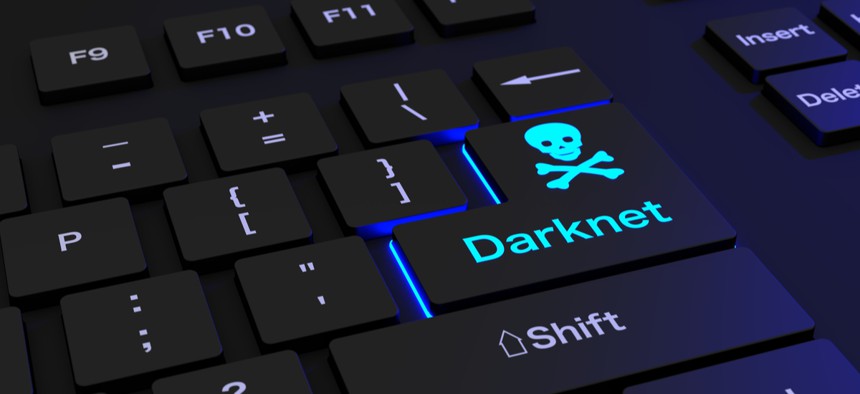Federal Taskforce Busts 61 Connected to Darknet Opioid Sales

BeeBright/Shutterstock.com
Law enforcement officials seized more than $7 million and nearly 300 kilograms of drugs during the two-month operation.
In a joint effort targeting online drug trafficking between January 11 and March 12, U.S. and international law enforcement agencies executed 65 search warrants, made 61 arrests and shut down 50 darknet accounts used for illegal activity, the Drug Enforcement Administration and FBI announced today.
The arrests are a result of Operation SaboTor, the second internationally coordinated feat from the Joint Criminal Opioid and Darknet Enforcement, or J-CODE. The multi-agency effort encompassed a series of separate but complementary joint operations aimed at combating the global opioid epidemic by dismantling what officials called “some of the most prolific opioid vendors” on the darknet.
“Law enforcement is most effective when we work together, and J-CODE is the global tip of the spear in the fight against online opioid trafficking,” FBI Director Christopher Wray said in a statement. “Criminals have always adopted innovations and new technologies to achieve their illicit goals, and it’s our job to adapt and remain ahead of the threat.”
Enforcement officials seized nearly 300 kilograms of drugs, 51 firearms and more than $7 million, which included $4.5 million in cryptocurrency, $2.48 million in cash and $40,000 in gold. Agencies also participated in public education efforts regarding the dangers of opioid abuse during the operation, officials said, though the bureau did not provide further details on those efforts.
Chief Postal Inspector Gary Barksdale said postal inspectors and their law enforcement partners are using “tried and true investigative techniques combined with the latest cutting-edge technology to identify those responsible for opioid trafficking and bring them to justice.”
Participation, support and resources for the operation came from multiple J-CODE entities, including the FBI, Customs and Border Patrol, the Defense and Justice departments, the U.S. Postal Service and the European Union Agency for Law Enforcement Cooperation, Europol.
“DEA’s greatest tool is our relationship with our federal, state, local and international law enforcement partners who stand with us every day to fight this epidemic,” DEA acting Administrator Uttam Dhillon said. “Drug traffickers will be held accountable for the pain and death they cause, regardless of what technology they use.”






